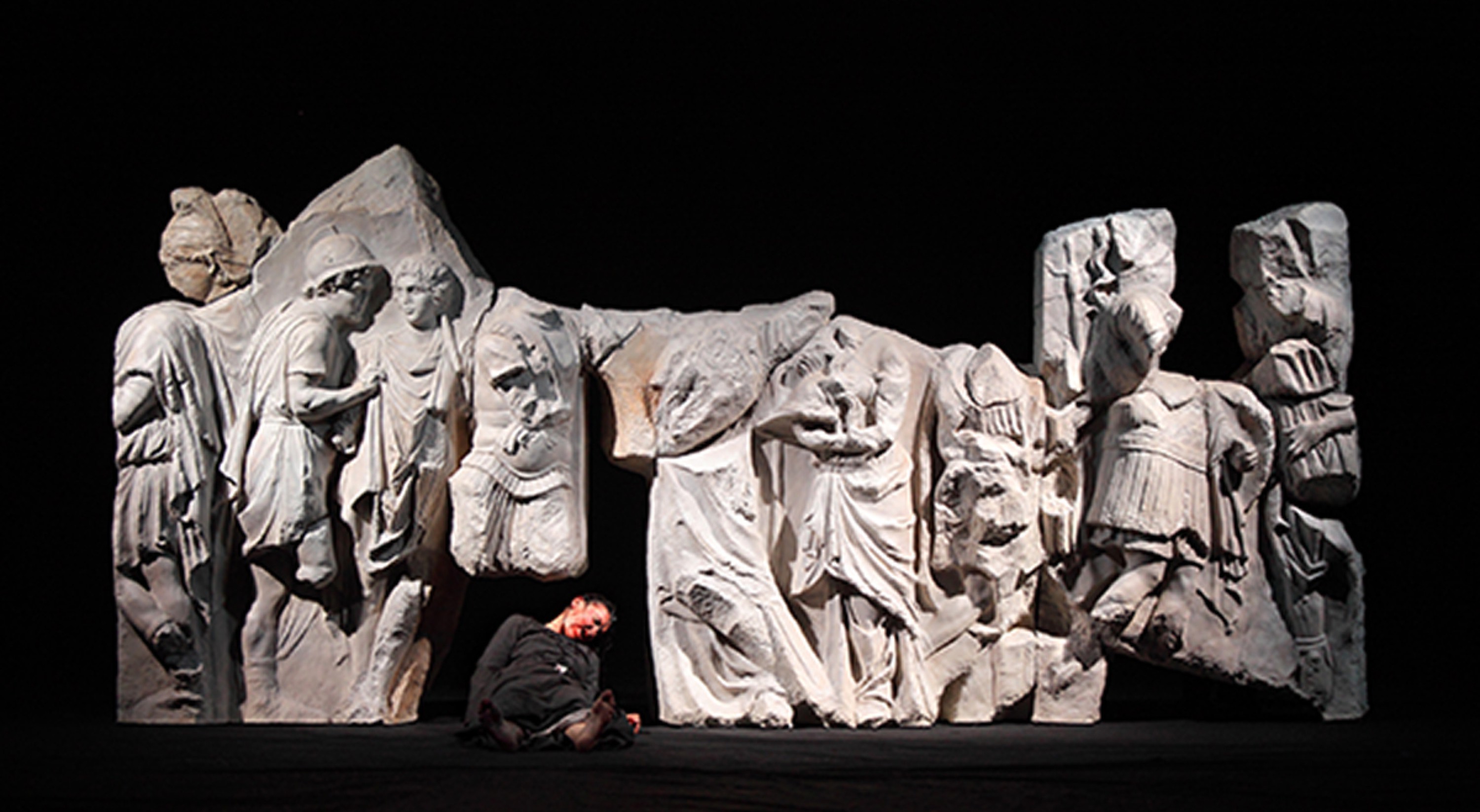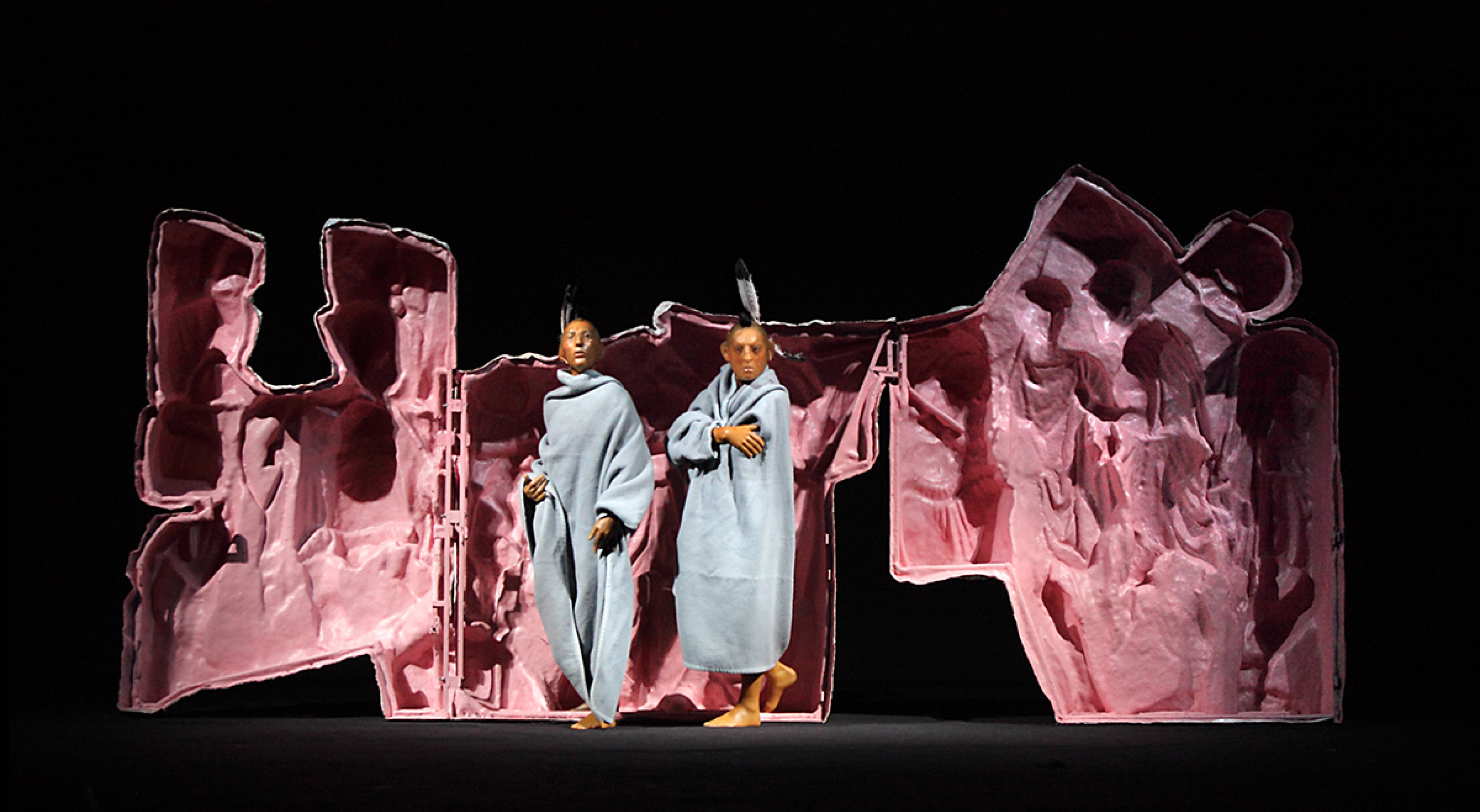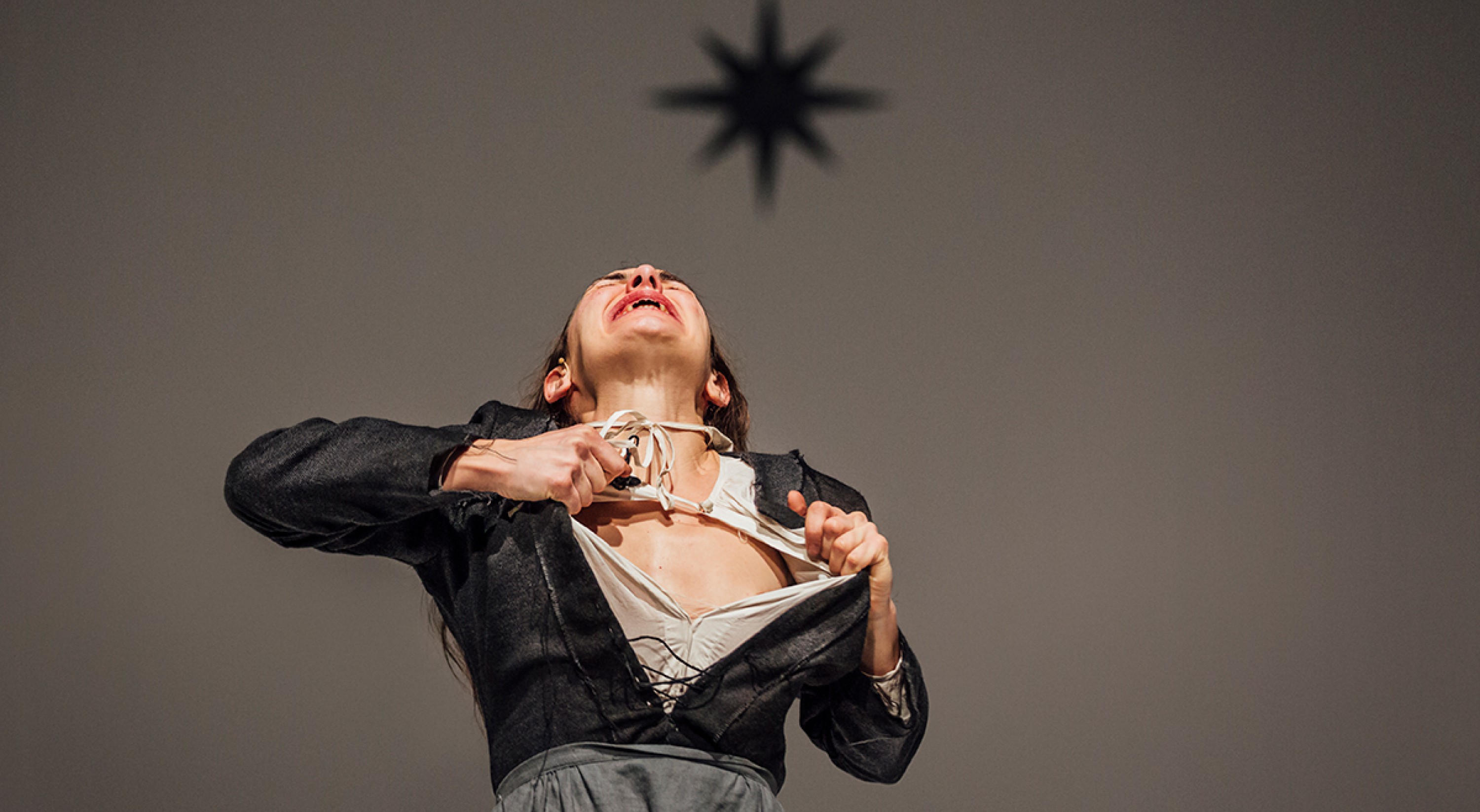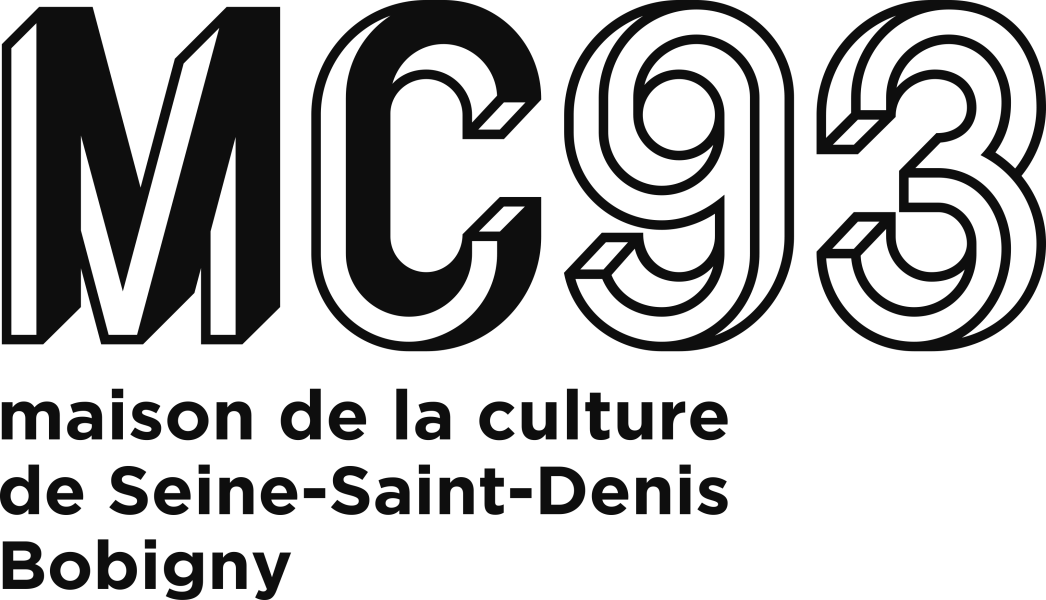Romeo Castellucci
Democracy in America
octoberoct 12 – 22
Direction, stage, lighting and costume design by Romeo Castellucci
Texts, Claudia Castellucci and Romeo Castellucci
Music, Scott Gibbons
With, Olivia Corsini, Giulia Perelli, Gloria Dorliguzzo, Evelin Facchini, Stefania Tansini, and Sophia Danae Vorvila
And with twelve local dancers : Nais Arlaud, Stéphanie Bayle, Sara Bertholon, Adèle Borde, Maria Danilova, Ambre Duband, Fabiana Gabanini, Flavie Hennion, Juliette Morel, Marion Peuta, Flora Rogeboz, Azuza Takeuchi, Marie Tassin
Choreographies loosely based on traditional folklore from Albania, Greece, Botswana, England, Hungary, and Sardinia ; with choreographic collaborations from Evenlin Facchini, Gloria Dorliguzzo, Stefania Tansini, and Sophia Danae Vorvila.
Assistant director, Maria Vittoria Bellingeri
Répétiteur, Evelin Facchini
Mechanics, stage sculptures and prosthetics, Istvan Zimmermann, and Giovanna Amoroso
Costumes, Grazia Bagnaresi
Shoes, Collectif d’Anvers
Stage management, Daniele Ferro
Stage operators, Andrei Benchea, and Pierantonio Bragagnolo
Console lighting technician, Marco Alba
Console sound technician, Paolo Cillerai
Dresser, Elisabetta Rizzo
Stage photography, Guido Mencari
Technical manager, Eugenio Resta
Technical team, Carmen Castellucci, Francesca Di Serio, Gionni Gardini, and Daniele Magnani
Stage decorator, Silvano Santinelli
Production attaché, Benedetta Briglia
Promotion and distribution, Valentina Bertolino and Gilda Biasini
Production assistant, Giulia Colla
Administration, Michela Medri, Elisa Bruno, and Simona Barducci
Taxation and administrative advisor, Massimiliano Coli
Executive production by Socíetas // Co-produced by deSingel International Artcampus ; Wiener Festwochen ; Festival Printemps des Comédiens à Montpellier ; National Taichung Theatre in Taichung (Taiwan) ; Holland Festival (Amsterdam) ; Schaubühne Berlin ; Le Manège Maubeuge, Scène nationale transfrontalière ; Teatro Arriaga Antzokia de Bilbao ; São Luiz Teatro Municipal (Lisbon) ; Peak Performances Montclair State University ; MC93 – Maison de la Culture de Seine-Saint-Denis (Bobigny) ; Festival d’Automne à Paris // In association with MC93 – Maison de la Culture de Seine-Saint-Denis (Bobigny) ; and Festival d’Automne à Paris // With the participation of Théâtre de Vidy, Lausanne and Athens and Epidaurus Festival // In partnership with France Culture // First performed on 8th March 2017 at deSingel International Artcampus (Anvers)
With images of outstanding beauty, Romeo Castellucci takes us in the footsteps of Tocqueville in the discovery of American democracy, born under the aegis of God and the puritan faith. Construed in the midst of the violence of territorial conquests and civil war, this democracy is set in stone by a legal framework that is seemingly beyond repute.
Alexis de Tocqueville sensed that an irreversible movement was going to turn XIXth century Europe in the direction of greater political, economic and social freedoms. In order to enquire into a precursory system stemming from the American revolution, he set off on a nine month-long journey of discovery across this “democratic” continent. His keen eye, observations and questions he poses are of such lucidity and foresight that Romeo Castellucci was immediately cast under his spell. In order to make theatre out of retracing Tocqueville’s footsteps, the Italian director returns to the origins of tragedy, a primary form born out of Greek democratic tradition. The play looks at the advent of this new democracy from different viewpoints: the bright promises of a political system steeped in egalitarianism, the possible dangers of a system in which the majority always holds sway over the minority, religious puritanism and the inherent violence of the territorial conquests. Castellucci transposes them into an enticing, celebratory piece of theatre.
In the same place



